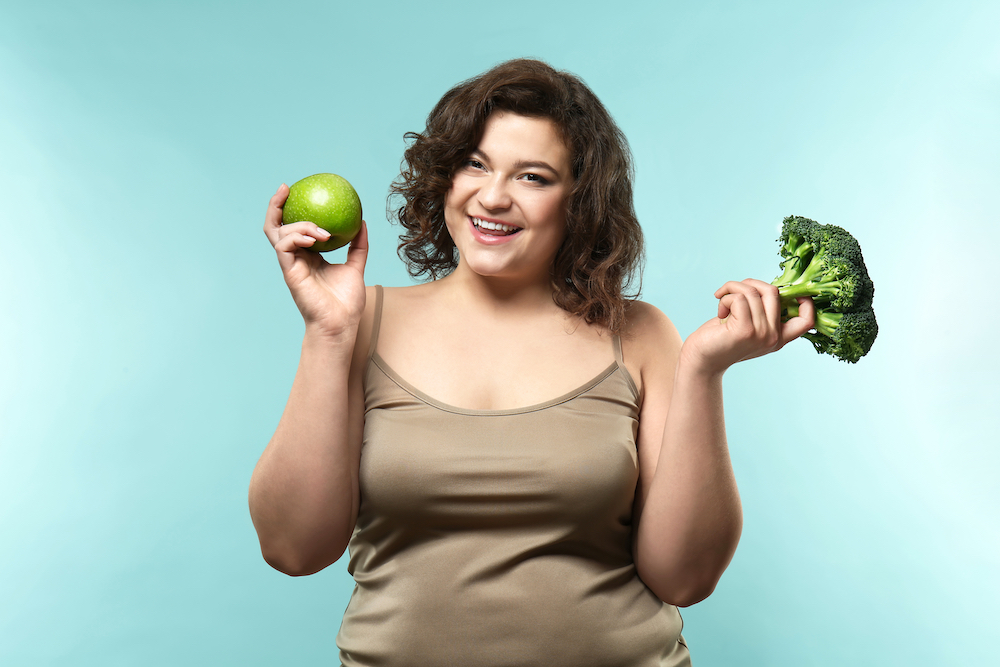This is a big one, diet culture says that thinner is better and holds the idea that weight equals health. Except that isn’t necessarily true.

It is well known in research about the obesity paradox where heavier people live longer or that thinness may be related to serious disease or illness. Not all larger bodies are unhealthy, and not all thinner bodies are healthy. We cannot tell health by body shape and size.
It’s factually incorrect to say that weight equals health.
And also the definition of health is different for everyone and health certainly includes both the body and mind. If the only way to health is to be obsessed and worrying about what to eat, waking up at night because you are hungry, disrupting your sleep, exercising excessively as you are worried about your weight, then that isn’t good health either.
Learning how to honour and respect your body can begin at any size. Moving your body in a way that appeals to you and is authentic is much more likely to be done on a regular basis than something we “think” we should do. Using the principles of gentle nutrition, we ask you to get curious about the way food is making you feel.
Do you eat something that makes you feel nauseous?
Do you eat something because you should but don’t really enjoy it?
Do you eat because you feel embarrassed or ashamed of your food choices?
If the answer is yes to any of these then you may want to take a deeper look. It’s highly likely that you are not in tune with your body and mind in your food choices.
Once you begin to take the time to really work with your body and honour how it feels you will begin to add more foods to see what the effect is. You may add more protein to your breakfast and see that it keeps you satisfied for longer; you may add more carbohydrates to your plate to keep you fueled for longer. You may add some fats to your cooking to aid in the palatability and satisfaction of your meals. You may add vegetables to your meals because they leave you feeling energised and keep you regular.
Getting curious about eating different foods also means getting curious about the way the food is prepared. You might feel like something crunchy or juicy or hot or cold. All of these things are part of honouring your satisfaction with the food consumed and paying attention to what your body really needs at any given time.
Disclaimer: Please note that the information in this or any other blog posts on this site may not be suitable or apply to you, depending on where you’re at in your mental health and/or eating disorder/diet recovery journey. This information is for educational purposes only and is not meant to be a substitute for medical or psychiatric advice. Please consult your healthcare practitioner before making any changes
